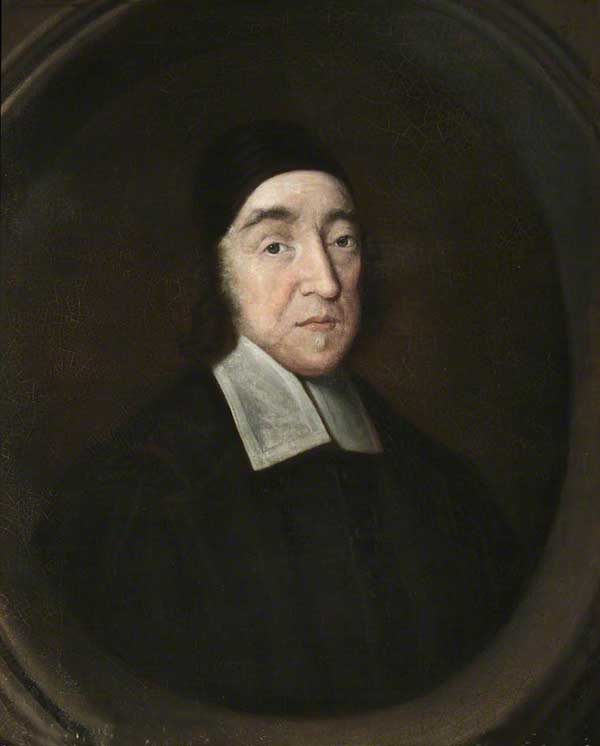Like Father, Like Son - 1681

Philip Henry, father and teacher of Bible commentator Matthew Henry.
Introduction
Matthew Henry is well-known for his devotional commentary on the Bible. Not so well known is his father, Philip Henry, a nonconformist minister who suffered a good deal in seventeenth-century England for conscience’s sake, even going to prison. It was he who taught Matthew to interpret the Bible. Philip married Katherine Matthews (mother of Matthew). As the young minister was very poor, her father was against the match, observing, “We don’t even know where he came from,” to which the quick-witted girl replied, “But I know where he is going and I should like to go with him.” Their oldest son, John, died of measles, just six years old. Fourteen years later, on this day April 12, 1681, Philip remembered the event in his diary. The spelling has been modernized.
Quote
“This day was fourteen years [ago], about sunset, the Lord took my first-born son from me, the beginning of my strength, with a stroke; in the remembrance whereof my heart melted this evening. I begged pardon for the Jonah that raised the storm: I blessed the Lord that hath spared the rest: I begged mercy, mercy for everyone of them; and absolutely and unreservedly devoted and dedicated them, myself, my whole self, estate, interest, life, to the will and service of that God from whom I received all. Father, hallowed be thy name, thy kingdom come!”
[For comparison, the original reads: this day was 14. y., about sun-sett, the lord took my first born son from mee, the beginning of my strength, with a stroke ; In ye rememb. whereof my heart melted this evening. I beg'd pdon for ye Jonah yt raysed that storm, I bless'd ye lord that hath spar'd the rest, I beg'd mercy, mercy for every one of them, & absolutely & unreservedly, devoted, & dedicated them, myself, my whole self, estate. Interest, life, to the will & service of that God frbm wm I receiv'd all ; Father, hallowed bee thy name, thy Kingdom come!]
Henry, Philip. Diaries and Letters of Philip Henry of Broadoak, Flintshire A.D. 1631-1696, edited by Matthew Henry Lee. London: Kegan Paul, Trench & Co., 1882. P.289.





